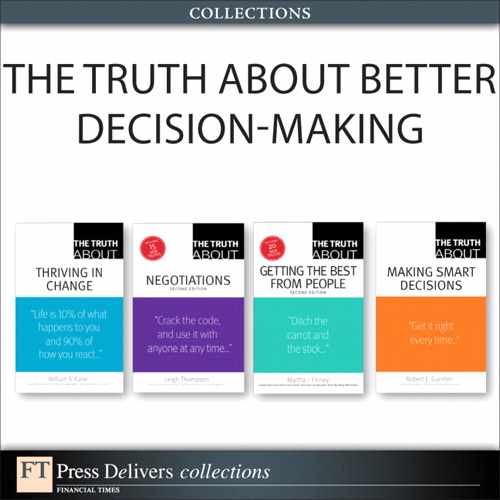Truth 29. Get 80 percent (or less) of what you need, and then act on it
You will never have all the information you need to make a decision. But if you wait for perfect information, the world will likely have changed. This is certainly true in heat-of-the-moment battlefield decisions. But even in more deliberate decisions, the gathering of data can become an excuse for not taking the risk of acting.
At a lecture I once attended, Time magazine White House correspondent Hugh Sidey compared the leadership styles of Presidents Jimmy Carter and Ronald Reagan. Carter, a nuclear engineer, was analytical. He gathered all the facts and carefully looked at every angle before making a decision. It often slowed his response. And he still ended up with a rescue team stranded in the desert on its way to free U.S. hostages in Iran.
In contrast, Sidey described the concern of staff as Reagan prepared for the historic disarmament talks with Mikhail Gorbachev. Stacks of background briefings sat virtually unopened on his desk. He would walk by and pat the stack of papers as he passed. And yet, Reagan walked into the meetings with his warm engagement and was able to hammer out agreements that led to the diffusing of the Cold War. When he returned, his staff was anxious to hear how he held his own in those private meetings. He replied that Gorbachev didn't know that much either.
It can be dangerous to shoot from the hip, but there are also dangers to analysis. In making decisions, you need to know how much information you really need and how long you can wait until you have to act. The goal is not to be perfect but to know enough and then move forward. Sometimes taking a decisive step forward can be more important than developing a Ph.D. thesis in getting the job done.
You need to know how much information you really need and how long you can wait until you have to act.
Satisficing is what Nobel Laureate Herbert Simon called it. In contrast to optimizing, satisficing is figuring out the minimum requirements needed to be successful and then looking for the first alternative that meets those minimum requirements. This is particularly important in situations where the choices are complex or are presented one at a time.
Remember, if two tons of data fall on your head, it could lead to paralysis. Tools and data are good, but recognize that all the tools and data in the world can't make the decision for you. Managers still have to make the decisions at the end of the day. And the tools can lead to "paralysis by analysis." Sometimes the best decisions run counter to the best research. Market research didn't see much of a market for the Walkman, but Sony's Akio Morita defied the research and launched a product that transformed portable entertainment and defined his company. Don't ignore research, but don't be a slave to it either.
